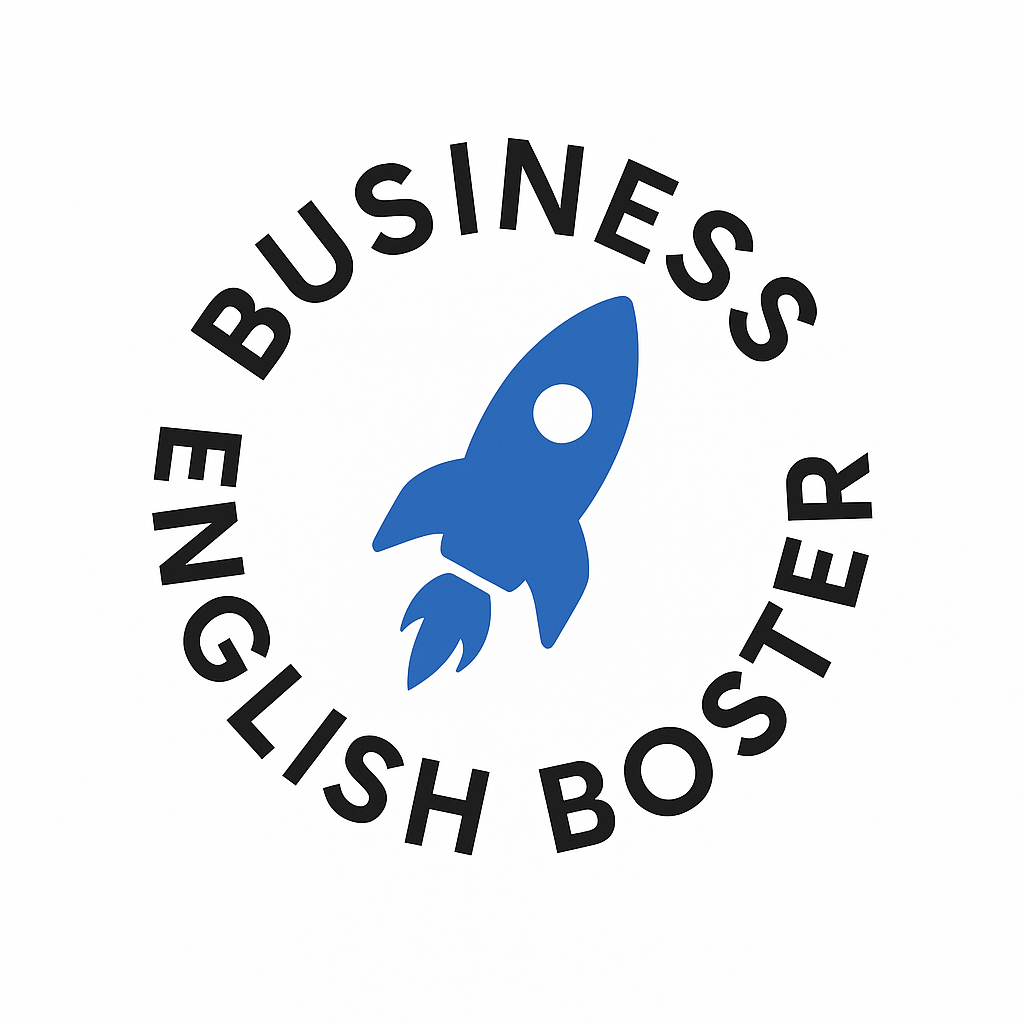Business can be hard sometimes and it requires going through tough times. Motivation is key to get you over the hurdles. Get motivated with our business motivational words.
Beginner
| Word | Meaning | Example Sentence |
| Happy | Feeling or showing pleasure or contentment. | A happy team is a productive team. |
| Work | Activity involving mental or physical effort done in order to achieve a purpose or result. | I enjoy my work because it’s challenging. |
| Try | Make an attempt or effort to do something. | You should try your best on every project. |
| Help | Give assistance or support to someone. | We help each other to achieve our goals. |
| Good | To be desired or approved of. | Receiving good feedback motivates me. |
| Reward | A thing given in recognition of service, effort, or achievement. | The company offers a reward for high performance. |
| Team | A group of people with a common purpose. | Our team works well together. |
| Goal | An aim or desired result. | Setting clear goals helps us stay motivated. |
| Praise | Express warm approval or admiration. | The manager gave praise for the successful project. |
| Enjoy | Take delight or pleasure in. | I enjoy the challenges of my job. |
Intermediate Business Motivational Words
| Word | Meaning | Example Sentence |
| Incentive | A thing that motivates or encourages one to do something. | The sales team responded well to the new incentive program. |
| Recognition | Acknowledgement of something’s existence, validity, or legality. | Employee recognition is key to boosting morale. |
| Empowerment | The process of becoming stronger and more confident. | Empowerment allows employees to take ownership of their work. |
| Engagement | Active participation or involvement in something. | High employee engagement leads to increased productivity. |
| Achievement | A thing done successfully, typically by effort, courage, or skill. | Celebrating achievement is important for team motivation. |
| Challenge | A situation of being faced with something that needs great mental or physical effort in order to be done successfully. | I thrive on challenge in my work. |
| Purpose | The reason for which something is done or created or for which something exists. | Having a sense of purpose at work is very motivating. |
| Development | The process of growing or developing. | The company invests in employee development. |
| Satisfaction | Fulfillment of one’s wishes, expectations, or needs. | Job satisfaction is linked to high motivation. |
| Autonomy | The right or condition of self-government. | Giving employees autonomy can increase their motivation. |
Advanced
| Word | Meaning | Example Sentence |
| Intrinsic Motivation | Motivation from internal satisfaction rather than external rewards. | Intrinsic motivation drives innovation and creativity. |
| Extrinsic Motivation | Motivation from external factors, like rewards or punishments. | Extrinsic motivation can be effective for short-term goals. |
| Self-Efficacy | One’s belief in one’s ability to succeed in specific situations or accomplish a task. | Building self-efficacy in employees boosts their performance. |
| Flow State | A mental state in which a person performing an activity is fully immersed in a feeling of energized focus. | Achieving a flow state can lead to peak performance. |
| Psychological Safety | A shared belief that the team is safe for interpersonal risk-taking. | Creating psychological safety fosters open communication and innovation. |
| Growth Mindset | The belief that abilities can be developed through dedication and hard work. | Encouraging a growth mindset helps employees embrace challenges. |
| Maslow’s Hierarchy of Needs | A theory that outlines the stages of human needs, from basic physiological needs to self-actualization. | Understanding Maslow’s Hierarchy of Needs can help managers motivate their teams. |
| Herzberg’s Two-Factor Theory | A theory that distinguishes between factors that cause job satisfaction (motivators) and job dissatisfaction (hygiene factors). | Applying Herzberg’s Two-Factor Theory can help create a more motivating work environment. |
| Expectancy Theory | A theory that suggests motivation is based on the perceived likelihood that effort will lead to performance, and that performance will lead to desired outcomes. | Expectancy theory helps explain how employees make choices about their effort. |
| Contingent Reinforcement | The process of providing rewards or punishments based on specific behaviors or outcomes. | Effective contingent reinforcement can drive desired behaviors. |
We hope you enjoyed our business motivational words.

Leave a Reply